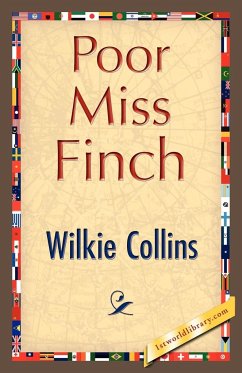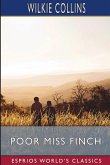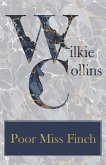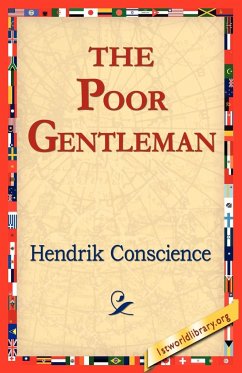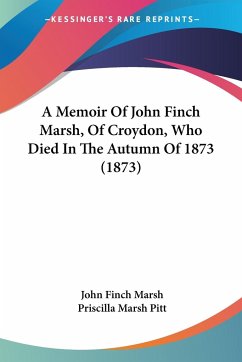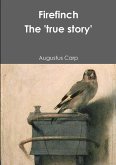You are here invited to read the story of an Event which occurred in an out-of-the-way corner of England, some years since. The persons principally concerned in the Event are:-a blind girl; two (twin) brothers; a skilled surgeon; and a curious foreign woman. I am the curious foreign woman. And I take it on myself-for reasons which will presently appear-to tell the story. So far we understand each other. Good. I may make myself known to you as briefly as I can. I am Madame Pratolungo-widow of that celebrated South American patriot, Doctor Pratolungo. I am French by birth. Before I married the Doctor, I went through many vicissitudes in my own country.
Hinweis: Dieser Artikel kann nur an eine deutsche Lieferadresse ausgeliefert werden.
Hinweis: Dieser Artikel kann nur an eine deutsche Lieferadresse ausgeliefert werden.

